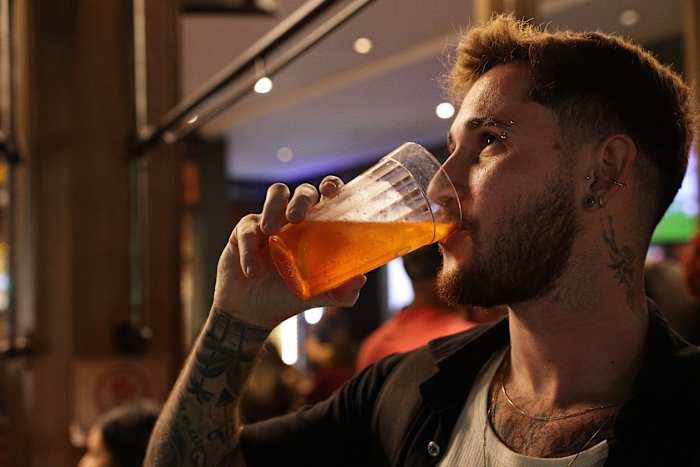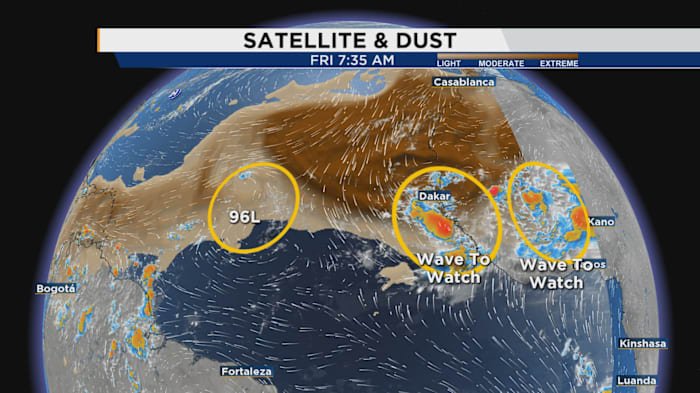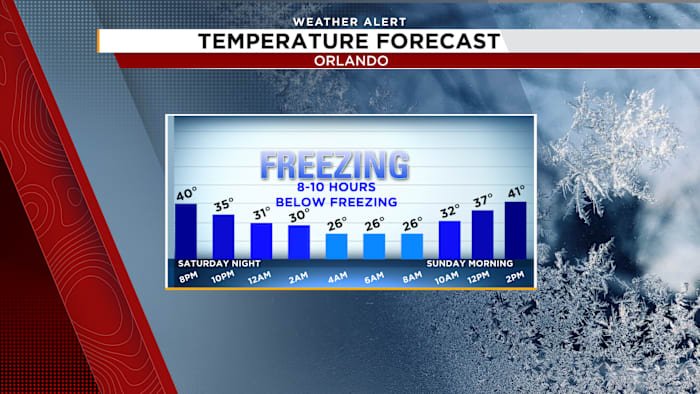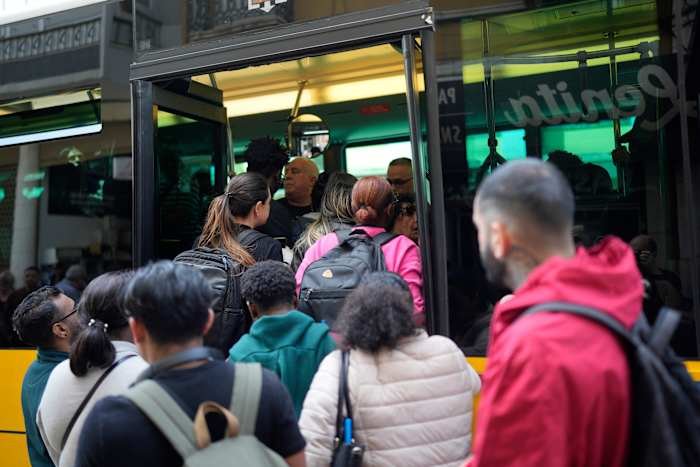Orlando, FL – Recent health alerts from Brazil are making waves far beyond South America. As Brazilian authorities confirm multiple cases of methanol poisoning from contaminated distilled beverages—resulting in at least one tragic death—communities with strong ties to Brazil, including many here in Orlando, are on high alert.
Orlando is home to a vibrant Brazilian community, and local bars, restaurants, and shops often import or serve Brazilian beverages. With news of methanol contamination spreading, concerns are growing among both residents and business owners. In this post, we’ll break down what methanol poisoning is, the current situation in Brazil, how it could affect Orlando, and what you can do to stay safe.
Understanding Methanol Poisoning
Methanol, sometimes called wood alcohol, is a toxic substance not meant for human consumption. Unlike ethanol—the alcohol found in beer, wine, and spirits—methanol is extremely dangerous even in small amounts. When ingested, methanol can cause symptoms ranging from headaches, nausea, and vomiting to blindness and, in severe cases, death. Methanol poisoning is a medical emergency and requires immediate treatment.
Methanol poisoning often occurs when methanol is accidentally or illegally used in the production of alcoholic beverages. Unscrupulous producers might add methanol to increase the strength or volume of a drink, but the results can be deadly. The symptoms can appear within hours or days, depending on the amount consumed.
Brazilian Authorities Sound the Alarm
Earlier this week, health officials in Brazil confirmed several cases of methanol poisoning linked to consumption of locally distilled spirits. At least one death has been reported, and dozens have required hospitalization. Authorities have issued urgent warnings to avoid unregulated or homemade alcoholic beverages, urging consumers to buy only from reputable sources.
Investigations are underway to trace the origins of the contaminated drinks. While the affected products appear to be locally produced in Brazil, the situation has sparked fear among consumers, especially as many Brazilian beverages are popular exports and are often found in Brazilian grocery stores and restaurants abroad—including here in Orlando.
How Orlando’s Brazilian Community Is Responding
Orlando’s Brazilian community, one of the largest in the United States, is closely watching the situation in Brazil. Local Brazilian markets and restaurants have reassured customers that they source their beverages from trusted importers who meet U.S. safety standards. Still, the news has led to increased caution. Some establishments have even temporarily pulled certain imported spirits from their shelves pending further clarity from Brazilian authorities and U.S. regulators.
“We want our customers to feel safe and enjoy authentic Brazilian flavors,” says Ana Souza, owner of a popular Brazilian restaurant in Orlando. “We’re working closely with our suppliers to make sure all our drinks are safe and certified.”
The community is also sharing information through social media groups and WhatsApp, warning friends and family members both in Florida and back in Brazil to avoid any drinks not purchased from reputable stores.
Safety Tips for Orlando Residents
- Buy from trusted sources: Whether you’re shopping for cachaça, pinga, or other spirits, always purchase from reputable stores and established brands.
- Check for official labels: Authentic imported beverages should have clear labeling, including import stickers and batch numbers.
- Avoid home-distilled drinks: Even if offered by friends or at gatherings, steer clear of homemade spirits unless you are absolutely certain of their safety.
- Know the symptoms: If you or someone you know develops sudden vision problems, confusion, or severe abdominal pain after drinking alcohol, seek medical help immediately.
- Stay informed: Follow updates from both Brazilian and U.S. health authorities, especially if you frequently consume imported beverages.
What Local Authorities and Businesses Are Doing
Orlando’s health and food safety agencies are aware of the situation. While no cases of methanol poisoning linked to Brazilian beverages have been reported locally, they are encouraging businesses to review their supply chains and ensure all imported spirits meet FDA and TTB (Alcohol and Tobacco Tax and Trade Bureau) regulations.
Some local liquor stores have also started proactively contacting importers for reassurances and documentation regarding their Brazilian stock. “The safety of our customers is our top priority,” says one store manager in the Dr. Phillips area. “We’re double-checking every shipment and have pulled questionable brands just to be safe.”
Conclusion: Stay Vigilant, Stay Safe
The tragic news from Brazil is a sobering reminder of the importance of food and beverage safety—both at home and abroad. While no contaminated products have been identified in Orlando so far, the city’s close ties to Brazil mean that it’s wise to stay informed and cautious.
Have you changed your shopping or dining habits in light of the recent methanol poisoning cases? Do you have tips or concerns to share with your neighbors in the Orlando community? Let us know in the comments below—your input helps keep everyone informed and safe!
















